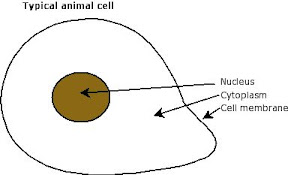1. What is your blog about?
Bioinformatics, theoretical systems biology, synthetic biology, and my experiences being a graduate student in a multidisciplinary field.
It’s my chance to see something, think “hey, that’s neat” and then write about it.
2. What will you never write about?
pass
3. Have you ever considered leaving science?
Yes, last week.
4. What would you do instead?
Become a yoga instructor.
5. What do you think will science blogging be like in 5 years?
The division between blogging and open notebook science will be less clear.
6. What is the most extraordinary thing that happened to you because of blogging?
I was stalked on openwetware.
And, I booked a trip to Cromer.
7. Did you write a blog post or comment you later regretted?
Many times.
8. When did you first learn about science blogging?
On NN last year.
9. What do your colleagues at work say about your blogging?
I asked my supervisor, before I started the blog, whether he minded, as the blog is not anonymous.
He said “by all means go ahead, but don’t name names.”
10. How the heck do you have time to blog and do research at the same time? & 11. Extra credit: are you able to write an entry to your blog that takes the form of a poem about your research?
A student who was at Imperial
Found that blogging made her such a weary girl
She stayed up all night
Getting her blog posts right
And then fell asleep over her cereal





